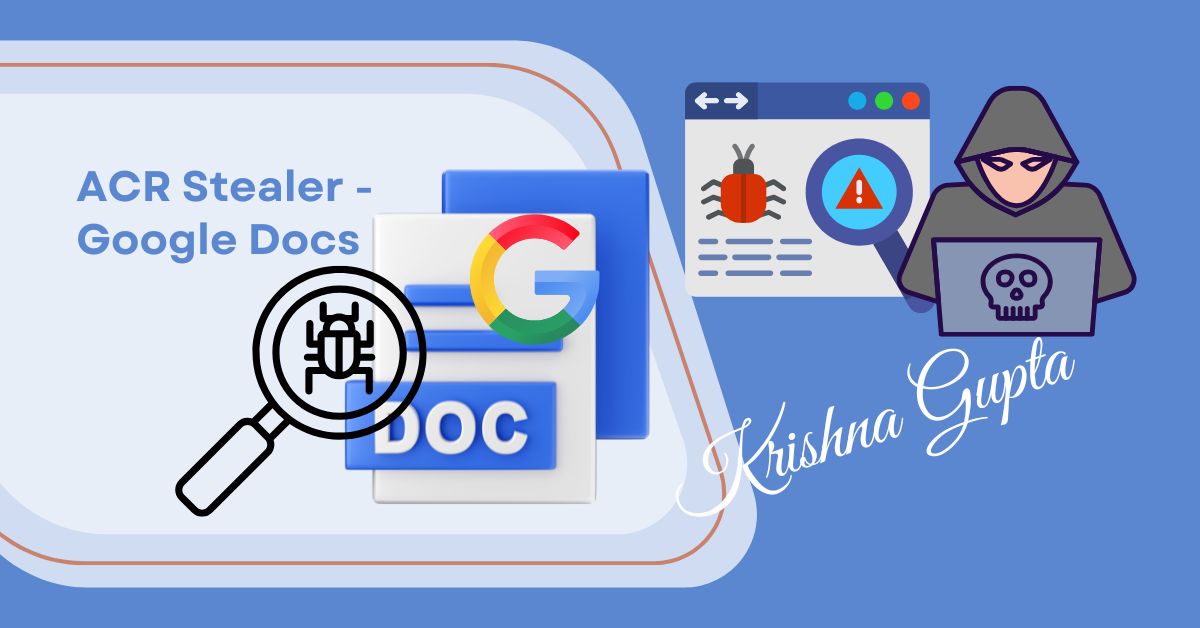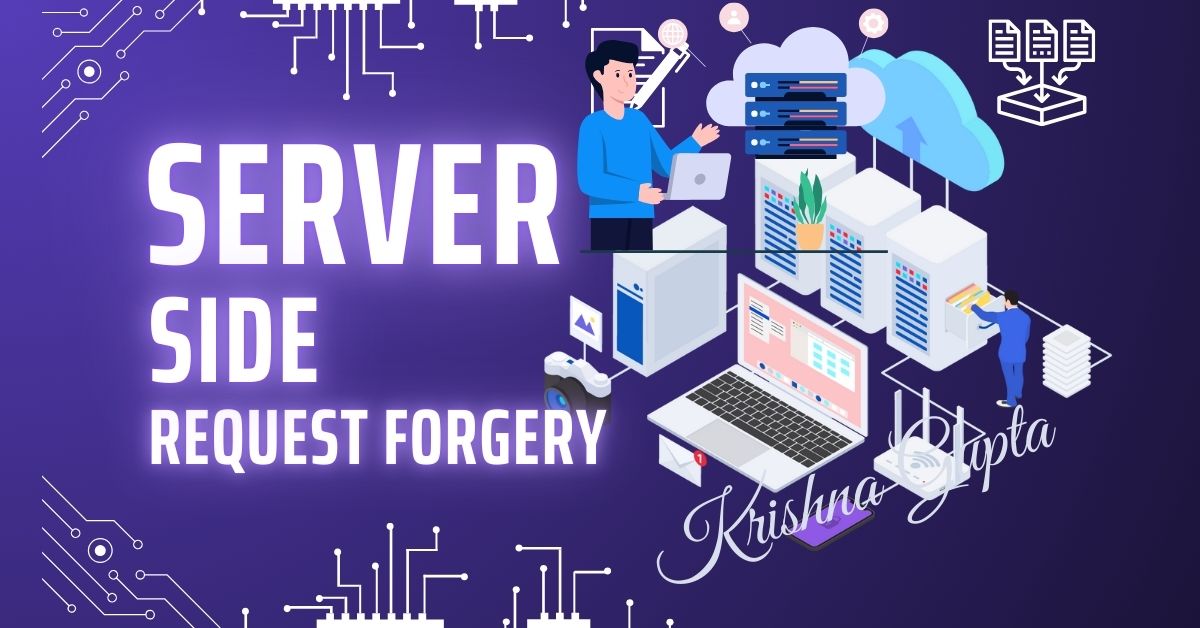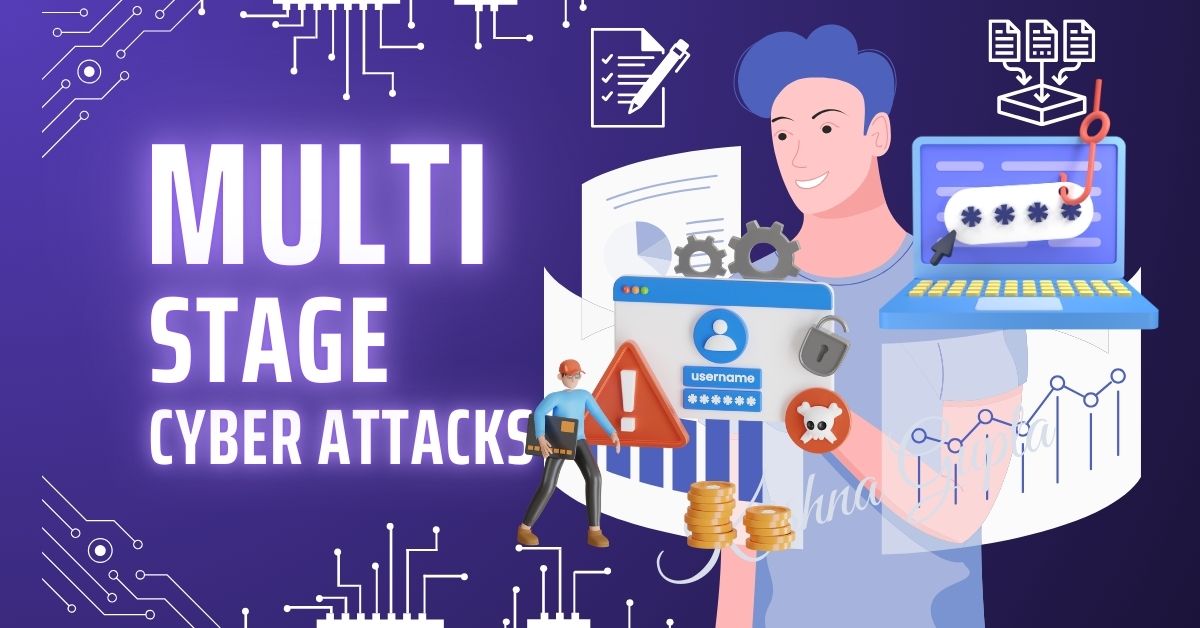ACRStealer Exposed: How Cybercriminals Are Exploiting Google Docs for Malware Attacks
What is ACRStealer?
ACRStealer is an **info stealer malware** designed to **extract sensitive information** from infected systems, including:
– **Antivirus identification** – determining which security solutions are present to evade detection.
– **Crypto wallet theft** – targeting stored cryptocurrency assets.
– **Login credentials theft** – stealing usernames and passwords for financial services, corporate accounts, and personal data.
– **Browser information extraction** – harvesting stored passwords, cookies, and browsing history.
– **File Transfer Protocol (FTP) credential theft** – compromising access to cloud and remote servers.
– **Text file harvesting** – reading and extracting information from text documents.
While information stealers are not new, **ACRStealer stands out** due to its **stealth tactics, sophisticated distribution, and abuse of legitimate cloud platforms**.




